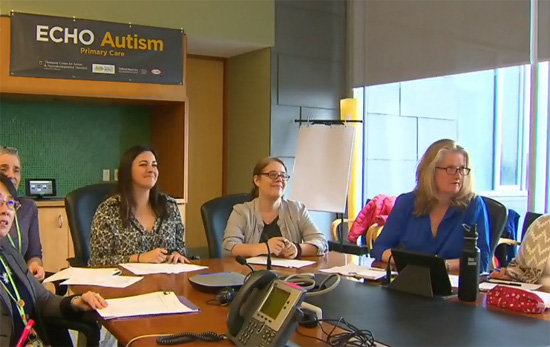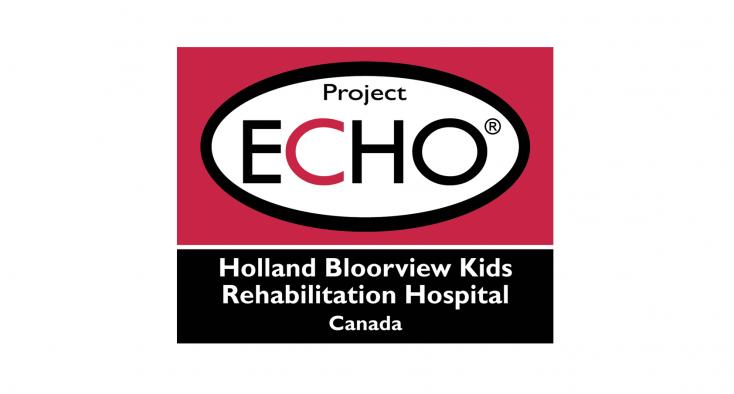What is the ECHO model?
The Extension of Community Healthcare Outcomes (ECHO) model™ was developed at the University of New Mexico led by Dr. Sanjeev Arora as a platform for both delivery of services and outcomes research. The ECHO approach aims to erase barriers between specialty and primary care. More specifically, it aims to bring specialty care to rural and underserved communities by using relatively easy to use and video-conferencing technology. It links expert specialist multidisciplinary teams at academic ‘hubs’ with primary care clinicians in local communities – the ‘spokes’ of the model. Together, they participate in sessions which combine didactics containing information on relevant topics with mentoring and de-identified patient case discussions.

The clinics are supported by basic user-friendly videoconferencing technology. This allows community clinicians to join from virtually anywhere providing they have internet and a phone/tablet/laptop or desktop computer. During teleECHO clinics, primary care clinicians from multiple sites or "spokes", present de-identified patient cases to the specialist multidisciplinary teams and to each other, discuss presenting issues relating to their patients, and determine treatment. Specialists serve as mentors and colleagues, sharing their medical knowledge and expertise with primary care clinicians.
Essentially, ECHO® creates ongoing learning communities where community-based clinicians receive support and develop the skills they need to diagnose and care for those with complex needs such as autistic individuals. As a result, they can provide comprehensive, best-practice care to patients in their own communities.
